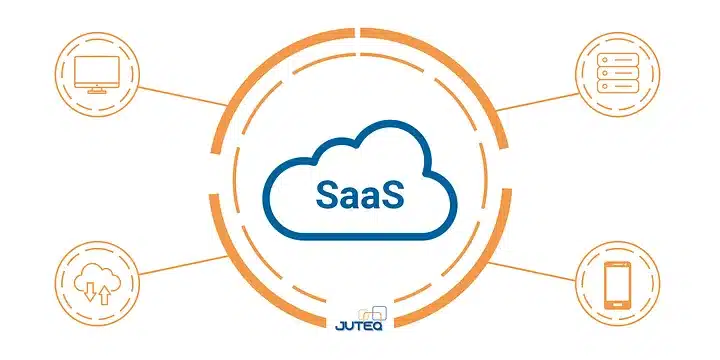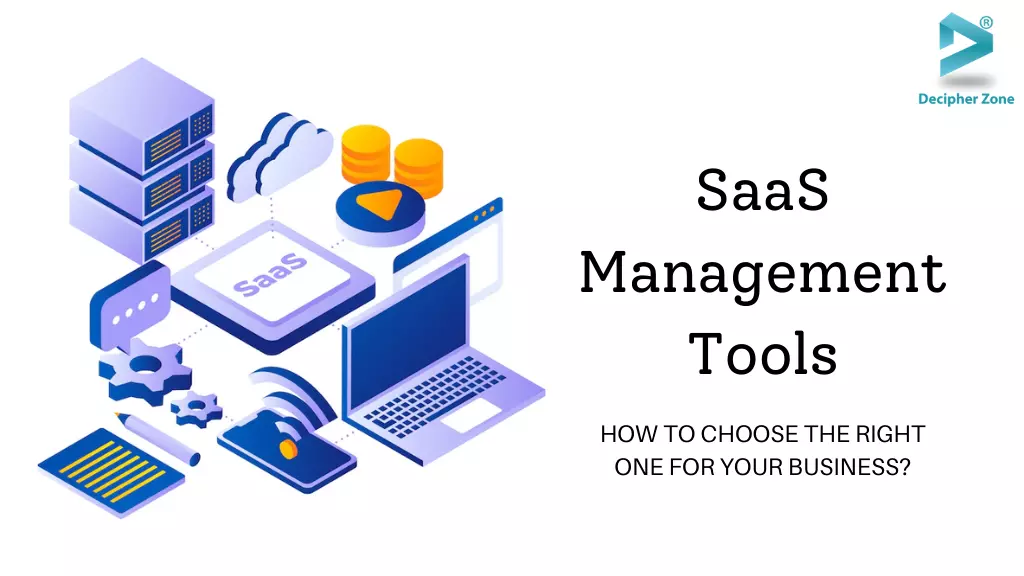Introduction
In today’s digital-first economy, businesses rely heavily on software-as-a-service (SaaS) and cloud solutions to streamline operations, reduce costs, and enhance productivity. With thousands of options available, identifying the most impactful tools can feel overwhelming. The right SaaS stack not only drives efficiency but also unlocks opportunities for growth and innovation.
This article explores the top SaaS and cloud platforms that modern organizations must consider in 2025. From project management software to cybersecurity solutions, we will cover the categories that deliver the greatest return on investment for businesses.
Why SaaS and Cloud Solutions Dominate in 2025

Scalability and Flexibility
Unlike traditional software, SaaS platforms allow businesses to scale up or down effortlessly. Cloud-based infrastructures adapt to usage, meaning you only pay for what you need.
Cost Efficiency
Subscription-based pricing models lower the barrier to entry, making enterprise-level software affordable for small and medium businesses.
Continuous Innovation
SaaS providers constantly update features, ensuring organizations always have access to the latest innovations in AI, automation, and data analytics.
Essential SaaS Categories for Businesses
Project Management and Collaboration
Asana
Asana remains a leader in task and workflow management, providing powerful integrations with Google Workspace, Slack, and Microsoft Teams.
Trello
For teams seeking a visual project-tracking approach, Trello’s Kanban boards make collaboration simple and intuitive.
Monday.com
Monday.com offers extensive customization, making it ideal for businesses that want project management and CRM features combined.
Communication and Productivity Tools
Slack
Slack continues to dominate workplace communication, offering streamlined chat, file sharing, and automation features.
Microsoft Teams
With deep integration into Microsoft 365, Teams is the go-to platform for organizations already invested in the Microsoft ecosystem.
Zoom
Zoom remains the standard for video conferencing, now enhanced with AI-driven meeting summaries and hybrid collaboration tools.
Cloud Storage and File Management
Google Drive
Google Drive offers seamless storage, file sharing, and collaboration capabilities—especially for businesses using Google Workspace.
Dropbox Business
Dropbox provides robust security and smart syncing features, making it ideal for enterprises handling large volumes of digital assets.
OneDrive
Microsoft OneDrive ensures smooth integration with Windows and Office tools, perfect for businesses already in the Microsoft ecosystem.
Accounting and Financial Management
QuickBooks Online
QuickBooks Online simplifies invoicing, payroll, and expense management, making it a must-have for small businesses.
Xero
Xero’s intuitive dashboard and automation features make it popular among accountants and business owners alike.
FreshBooks
FreshBooks specializes in easy client invoicing and time-tracking, perfect for freelancers and service-based businesses.
Customer Relationship Management (CRM)
Salesforce
Salesforce remains the CRM market leader, offering powerful analytics, automation, and AI-driven customer insights.
HubSpot
HubSpot’s freemium model makes it highly accessible, while its marketing, sales, and service hubs provide end-to-end CRM functionality.
Zoho CRM
Zoho CRM is cost-effective, flexible, and particularly appealing for small and medium-sized businesses.
Cybersecurity and Data Protection
Norton Small Business
Norton offers scalable cybersecurity solutions that protect sensitive company data against malware and phishing attacks.
McAfee Total Protection
McAfee delivers enterprise-level protection with cloud security, firewalls, and endpoint protection tools.
Cloudflare
Cloudflare is essential for businesses that want website security, DDoS protection, and faster content delivery worldwide.
Marketing and Analytics
Google Analytics 4
GA4 helps businesses track customer journeys across devices, offering more accurate insights than its predecessor.
SEMrush
SEMrush provides powerful SEO, content marketing, and competitive analysis tools, making it indispensable for digital marketers.
Mailchimp
Mailchimp continues to be a leader in email marketing automation, offering AI-based optimization for campaigns.
Key Considerations Before Choosing SaaS Tools

Integration
Choose tools that easily integrate with your existing software ecosystem to avoid siloed data and inefficient workflows.
Security
With cyber threats on the rise, prioritize SaaS solutions that offer end-to-end encryption, two-factor authentication, and GDPR compliance.
ROI and Cost Management
Evaluate subscription costs relative to the value delivered. SaaS platforms with usage-based pricing often save businesses money in the long run.
Conclusion
The SaaS and cloud landscape in 2025 continues to evolve, offering businesses powerful tools to stay competitive in a fast-changing digital world. Whether you’re investing in project management, CRM, cybersecurity, or marketing automation, selecting the right platforms can significantly improve productivity and profitability.
By adopting the best SaaS tools available, businesses not only optimize operations but also future-proof themselves against market disruptions. The right stack ensures scalability, security, and sustained growth well into the future.